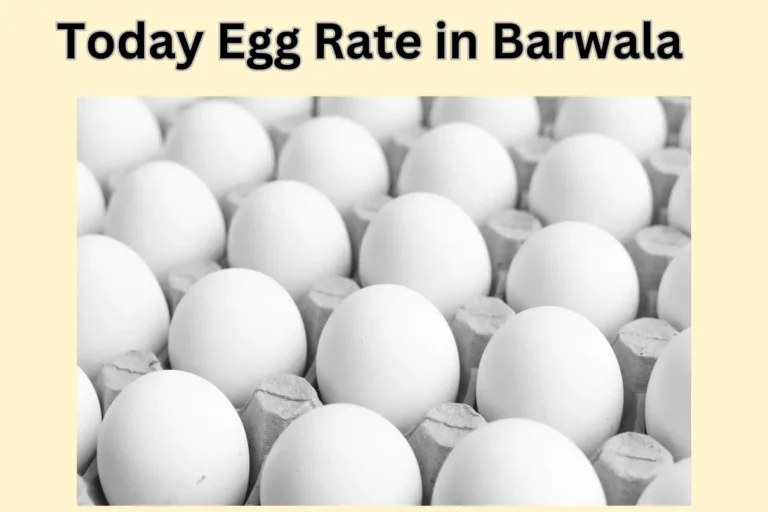Nobel Prize Winners 2023 in Physics, Prize share
Table of Contents
Nobel Prize Winners 2023 in Physics
Short Details:
| Award Name | Nobel Prize |
| Category | Physics |
| Date | 4 October, 2023 |
| Awardees | Pierre Agostini, Ferenc Krausz and Anne L’Huillier |
| Prize Share | 1/3 each |
The Nobel Prize in Physics is a prestigious recognition of groundbreaking achievements in the field of science. Nobel Prize Winners 2023 in Physics are three exceptional scientists: Pierre Agostini, Ferenc Krausz, and Anne L’Huillier. They were honored “for experimental methods that generate attosecond pulses of light for the study of electron dynamics in matter.” This revolutionary work has opened doors to previously unimaginable insights into the behavior of electrons in the world of matter. In this article, we’ll delve into the lives and contributions of these remarkable laureates.
Pierre Agostini: Illuminating the Microcosmos
Pierre Agostini, affiliated with The Ohio State University at the time of the award, is a physicist who has dedicated his career to unraveling the mysteries of the microcosmos. Born with an innate curiosity, Agostini’s journey began long before his accolade in 2023. His work revolves around the generation of attosecond pulses of light, a feat that has transformed our understanding of electron dynamics within matter.
Attosecond pulses, which last for billionths of a billionth of a second, allow scientists to capture the incredibly fast movements of electrons. Pierre Agostini’s pioneering experiments have given us a glimpse into the intricate dance of electrons in the atomic world. This breakthrough has far-reaching implications, from advancing our understanding of chemical reactions to developing ultra-fast electronics.
Ferenc Krausz: A Journey from Hungary to the Quantum Frontier
Ferenc Krausz, born in Mór, Hungary, has made an indelible mark on the world of physics. At the time of receiving the Nobel Prize, he was affiliated with the Max Planck Institute of Quantum Optics and Ludwig-Maximilians-Universität München in Germany. Krausz’s work has been instrumental in pushing the boundaries of our knowledge in quantum physics.
Krausz’s experiments have allowed us to delve deeper into the electron’s realm, with attosecond precision. These ultrafast pulses of light have become invaluable tools for scientists, enabling them to study electron dynamics in matter at an unprecedented level of detail. The impact of his work stretches from fundamental physics to practical applications in fields such as materials science and nanotechnology.
Anne L’Huillier: Shaping Light to Reveal Electron Secrets
Anne L’Huillier, born in Paris, France, has brought her unique perspective to the world of experimental physics. With an affiliation at Lund University in Sweden at the time of the award, she has been an integral part of the team working on attosecond pulses of light.
L’Huillier’s contributions to the field are no less than awe-inspiring. Her innovative methods for generating attosecond pulses have revolutionized the way we study electron dynamics in matter. Her work has paved the way for advances in fields such as solid-state physics and laser technology. With L’Huillier’s groundbreaking research, we can now examine the inner workings of the atomic world like never before.
Conclusion: A Glimpse into the Future of Physics
The 2023 Nobel Prize in Physics recognized the extraordinary achievements of Pierre Agostini, Ferenc Krausz, and Anne L’Huillier in the realm of attosecond science. Their experimental methods have unlocked the secrets of electron dynamics in matter, offering a deeper understanding of the fundamental building blocks of our universe.
As we celebrate these Nobel laureates, we are reminded that their work not only expands our scientific knowledge but also holds the promise of transformative applications across various industries. From cutting-edge materials to faster electronics, the impact of their research will continue to resonate for generations to come. The Nobel Prize in Physics 2023 serves as a beacon of inspiration, igniting curiosity and innovation in the hearts of scientists and aspiring physicists worldwide.







